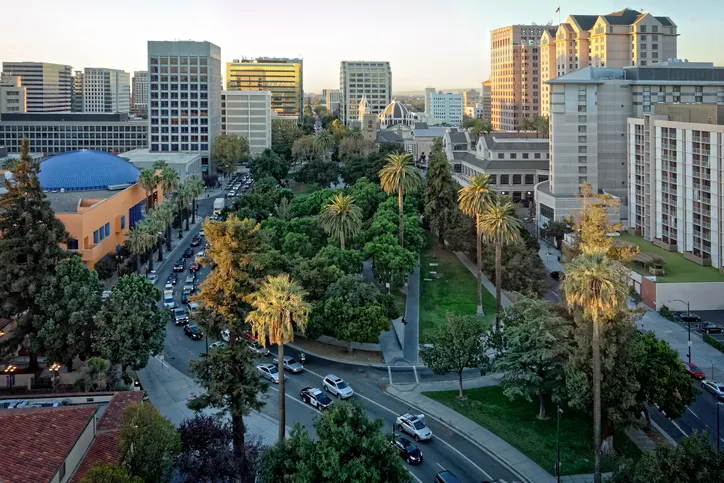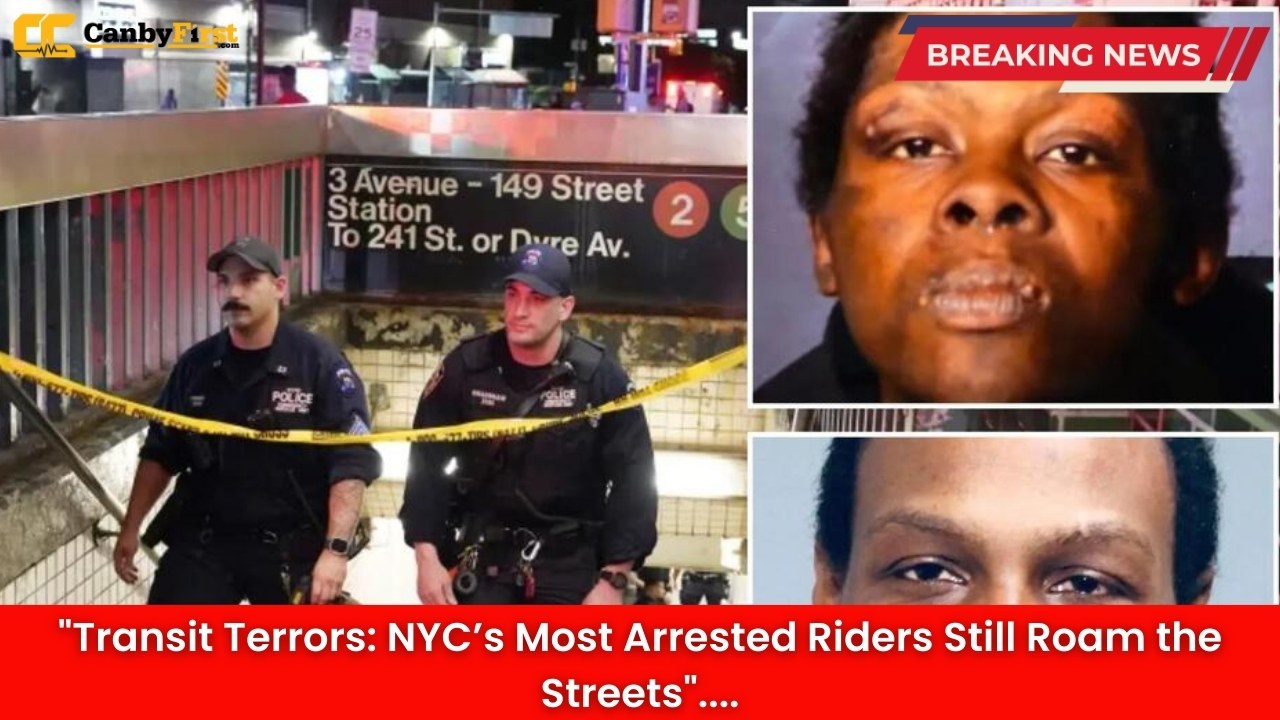PORTLAND, Ore. – A new study analyzing crime and safety data across major U.S. cities has placed Portland, Oregon, within the top 50 safest cities in the nation. The ranking, published by SmartAsset, offers a snapshot of how Portland compares with other metropolitan areas when it comes to public safety, traffic risks, and health-related concerns.
How the Study Was Conducted
SmartAsset reviewed 50 of the largest U.S. cities, evaluating them across multiple categories. These included:
-
Violent crime rates
-
Property crime rates
-
Vehicular mortality rates (traffic deaths per 100,000 residents)
-
Drug overdose deaths
-
Other public safety metrics, such as excessive drinking rates among adults
The goal was to provide a broad, data-driven perspective on where residents are statistically most — and least — safe in their day-to-day lives.
Portland’s Position on the List
Portland came in at No. 43, placing it toward the lower end of the rankings but still among the 50 safest large cities nationwide.
While the city struggles with higher property crime compared to some of its peers, Portland scored relatively better on drug overdose and traffic fatality rates, which helped boost its overall position.
The study acknowledged that Portland’s strengths in those areas distinguish it from other cities ranked nearby on the list, though concerns around violent crime and theft remain ongoing challenges.
West Coast Cities Dominate the Top
Interestingly, the safest city in the U.S., according to the study, was San Jose, California. The Bay Area city landed in the top 10 across every category analyzed. San Jose reported the third lowest violent crime rate among major cities and the fifth lowest property crime rate, making it the standout leader.
Not far behind was Los Angeles, ranked No. 2 overall. Despite being one of the nation’s largest cities, Los Angeles performed well in both crime categories and posted a significantly lower traffic death rate than San Jose.
Other West Coast cities also made the cut: Seattle ranked No. 22, San Diego landed at No. 13, and Long Beach earned the No. 11 spot.
Texas Makes a Strong Showing
The Lone Star State also fared well, with three Texas cities appearing in the top 10:
-
Fort Worth (No. 3)
-
Arlington (No. 7)
-
El Paso (No. 8)
All three were noted for having lower rates of excessive drinking among adults, setting them apart from many other high-ranking cities. Dallas (No. 18) and Houston (No. 24) also earned places in the top 25.
Other Notable Cities in the Top 25
Beyond California and Texas, several other regions were represented in the top quarter of the list. Among them:
-
Omaha, Nebraska (No. 4)
-
Virginia Beach, Virginia (No. 5)
-
Charlotte, North Carolina (No. 9)
-
Raleigh, North Carolina (No. 10)
-
Boston, Massachusetts (No. 19)
-
New York City (No. 25)
The inclusion of large metro areas like New York and Boston demonstrates that size alone doesn’t determine safety outcomes, provided local governments effectively manage crime and public health risks.
The Other End of the Spectrum
While some cities earned recognition for safety, others ranked near the bottom. Memphis, Tennessee, was identified as the least safe large city in the U.S., followed by Albuquerque, New Mexico, and Detroit, Michigan.
These cities faced high violent crime rates, property crime, and other public safety concerns that placed them far behind their peers.
Portland in Context
For Portland, being ranked No. 43 out of 50 highlights a mixed picture. On one hand, the city benefits from lower traffic deaths and fewer drug overdose fatalities than many others. On the other, persistent concerns over property crime, homelessness, and violent crime continue to affect perceptions of safety.
Local leaders and law enforcement have pointed to ongoing efforts to address these challenges, including community policing strategies, targeted public safety initiatives, and investments in behavioral health services.
Looking Ahead
While Portland did not break into the top tier of the safest cities list, its inclusion underscores both its strengths and its challenges. For residents, the study provides context for how their city stacks up against others nationwide.
As SmartAsset’s analysis shows, no city is without risks, but Portland remains within the national conversation on safety, bolstered by relatively strong health-related metrics. With continued focus on reducing crime and addressing community concerns, the city could climb higher in future rankings.
For those curious about where their hometown ranks, SmartAsset has published the full list and methodology on its website.
















Leave a Reply